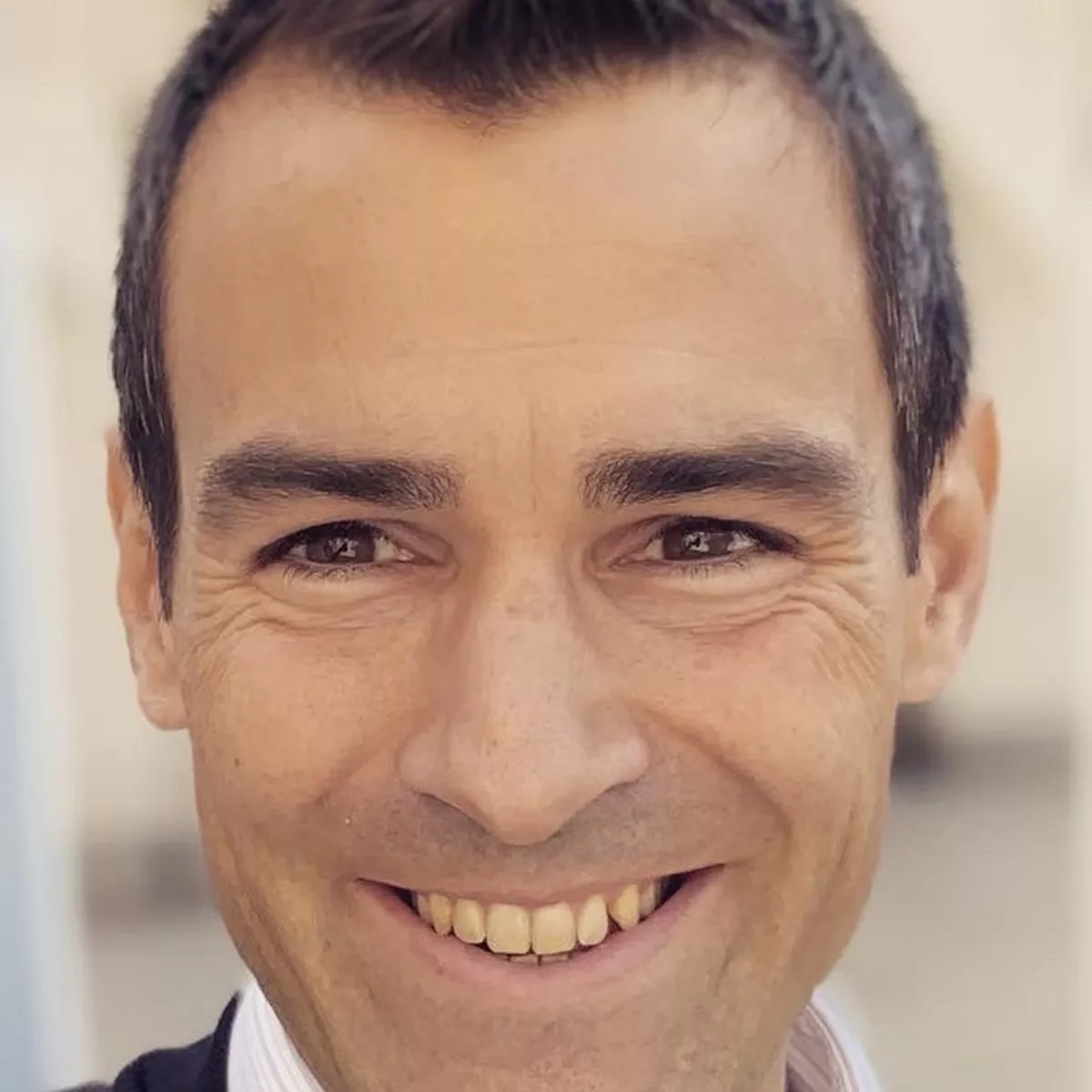Poker face: is it time to call each other’s bluff?
The bottom line is that too many legal professionals are suffering and too few are flourishing – the data doesn’t lie.

Poker face: is it time to call each other’s bluff?
Nick Bloy is an executive coach, founder of consultancy Wellbeing Republic and part of the Life in the Law research committee.
LawCare recently published the findings of its Life in the Law research study. The study into wellbeing across the legal profession captured data between October 2020 and January 2021 from more than 1,7000 legal professionals in the UK, Republic of Ireland, Jersey, Guernsey, and the Isle of Man. Several core findings stood out. First, the average legal professional is at high risk of burnout. Second, most legal professionals are not flourishing and are actively suffering, with more than two thirds (69%) experiencing mental ill-health in the year preceding the survey. Third, a significant minority (43.5%) were too fearful of negative career repercussions of opening up about their mental health struggles at work and are instead suffering in silence. This echoes the findings of the international Bar Association’s wellbeing survey which found that 41% would rather stay silent than risk the stigma associated with disclosing their mental ill-health to colleagues.
Digging a little deeper into LawCare’s data, almost two thirds (60.7%) of participants said they had experienced anxiety either often, very often, or all of the time, over the last 12 months; half (48.4%) had experienced low mood; and a third (28.9%) had experienced depression. Nearly a third (28.9%) said that often, very often, or all the time, they had experienced physical symptoms arising from work-related stress in the last 12 months, with nearly a quarter (22%) saying they felt unable to cope. From reviewing this data, I think it is fair to say that the legal profession is currently a long way from flourishing.

An upward struggle
I remember reading a piece in the New Yorker several years ago, by professor Tim Wu of Columbia Law School, titled ‘You Really Don’t Need To Work So Much’. He pointed out that ‘the people at the top are often as unhappy and overworked as those at the bottom: it is a system that serves almost no one’. LawCare’s findings, six years later, would appear to corroborate his statement. While leaders in organisations reported slightly higher scores when it came to measures of autonomy and psychological safety, together with slightly lower levels of burnout and work intensity, the data didn’t discriminate. The bottom line is that too many legal professionals are suffering and too few are flourishing – the data doesn’t lie.
Perhaps it’s time to call each other’s bluff and end the suffering? Unfortunately, in this Russian roulette-style charade legal professionals are caught up in, the poker faces that people feel forced to wear, hide some uncomfortable truths, which are cloaked in shame and fear. When the Junior Lawyers Division asked its members in 2019 who amongst them had experienced imposter syndrome, 83% anonymously raised their hands. Imposter syndrome encompasses feelings of being a fraud and of feeling like an outsider who doesn’t belong amongst your peers. Such feelings appear to be pervasive across the industry – an industry which prides itself on a façade of perfection and upmost competence.
Yet, arguably, by continuing this harmful charade, we all risk being guilty of gross incompetence. The work I do with legal professionals, which does not form part of the current Life in the Law research, also reveals some disconcerting truths. Regardless of their seniority, when they fail at something important, the majority of legal professionals tend to feel alone in their failure. Most have a tendency to be consumed by feelings of inadequacy, and many feel unable to show themselves much if any compassion in those pivotal moments. This often results on them fixating on everything that’s wrong. It is perhaps no surprise that so many feel like they don’t belong in a profession that continues to demand the impossible and prides itself on being “tough and hard-nosed”, as one participant to LawCare’s research commented.
"It doesn’t have to stay that way. Unfortunately, too few are prepared to share their experiences to help the greater good of a profession in severe denial. However, when people are courageous enough to speak up and share their experiences, it can help pierce the veil of perfectionism, empowering people to realise that they are not alone in their suffering and that they too are worthy of belonging - just as much as anyone else – and there is tremendous solace in that. A Barrister who took part in LawCare’s research commented that “hearing other people’s problems (anonymously) can take your mind off of your own problems and make you feel less alone, even though you haven’t solved your own issues.”
Breaking the silence
In recent years, we have seen a flurry of junior members of the legal profession being struck-off or reprimanded for not owning up to mistakes, in breach of their ethical obligations. Is it any wonder that they were fearful of coming across as anything less than perfect, in a profession that has a reputation for admonishing the slightest imperfection? Is it fair to expect junior lawyers to admit to mistakes when they fear the shame and blame that has historically ensued; especially when leaders aren’t prepared to be open and honest themselves. We need to normalise the fact that mistakes happen; not so that the profession lowers its standards, but to ensure that it actually upholds them.
Research into psychologically safe work environments generally finds that the best teams and organisations, contrary to what we might expect, report more mistakes. However, while poorer performing teams and organisations report fewer mistakes, they actually make many, many, more – people simply don’t feel safe reporting them for fear of blame and shame. The same is true of experiencing menta ill-health, as LawCare’s study makes clear. One junior lawyer commented that they had chosen ‘not to speak about [their] mental health issues at work for fear of not being supported, being labelled as not being able to cope or a person who is a problem within the workplace”. Whether you recognise that culture in your own organisation or not, it appears to be the reality for approximately half the industry.
Reality check
I don’t think anyone likes to hear that they are falling short. However, can any of us (including me) say that we are doing enough when burnout and mental ill-health appear to be endemic within the profession? As a coach, the biggest challenges I face when working with clients is twofold. First, being able to imagine a future that is brighter than it is today. I have lost count of the number of times I have heard comments to the effect of ‘well, that is just the way the [industry/culture] is’ or ‘it’ll never change’ – I know that in moments of hopelessness, I have uttered those exact same words in the past. Secondly, being able to hold up a mirror and acknowledge the current reality, no matter how uncomfortable or daunting it might be.
Every single one of us needs to be honest about where we are now and how each of us has contributed to the current reality that we find ourselves in. Even those who find themselves looking to vocally rubbish these findings as irrelevant (there will be some), I would ask that you stay curious just a little bit longer to understand your motivation for doing so. The legal industry is suffering, the data is unequivocal about that. The emotional labour required to keep up the pretence that it is not, will only increase the amount of stress and suffering experienced by those in the industry, and will contribute to an even higher risk of burnout at every level of the profession in future.

As Barack Obama once said “change will not come if we wait for some other person or some other time. We are the ones we've been waiting for. We are the change that we seek.”
Seeds of hope
Culture change isn’t a quick fix, and it likely won’t be an easy fix. However, if we can create a compelling vision of what a flourishing legal industry could look like, perhaps more of us will find the strength and the courage to try. Small, yet courageous, actions make a big difference. For example, senior leaders speaking more candidly about their own mistakes during their career can create a safer space for juniors to speak up. If more leaders take part in internal (or external) ‘This is Me’-type campaigns or choose to speak up as part of panel discussions, it can help normalise the conversation around mental health.
The legal industry also needs to look at how it conducts its business. While inconvenient, the reality is that some of the industry’s current practices (long-hours, unpredictable workloads etc) are driving this mental ill-health epidemic. The Mindful Business Charter has made strides in helping to address some aspects of this but, by itself, it is not sufficient. Now more than ever we need brave leadership, in order to challenge the status quo and demand better. Every single person in the legal industry should be able to flourish - we should all be deeply vested in making that happen, as what is good for people is good for business.
We're here to listen...without judgement



